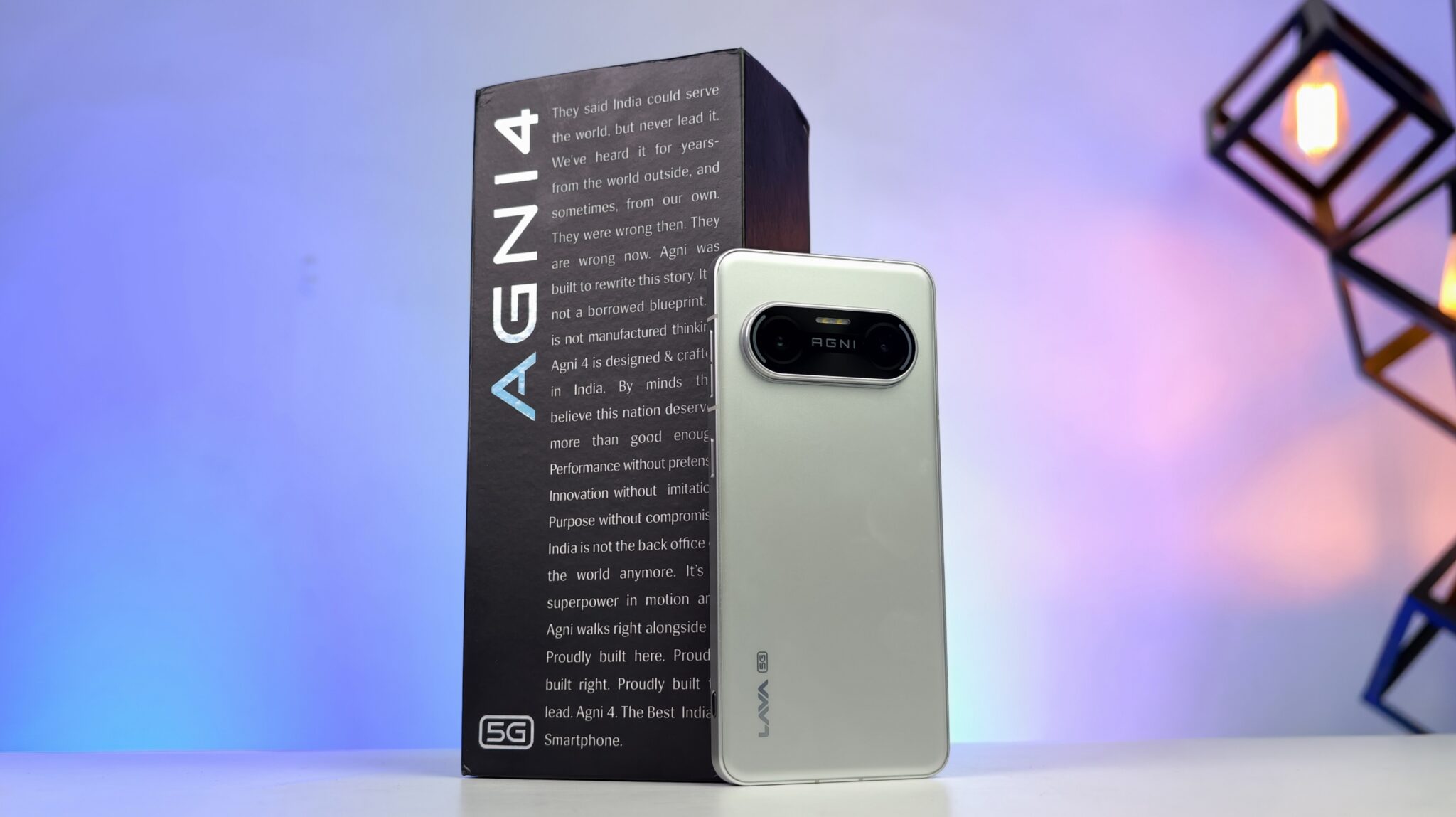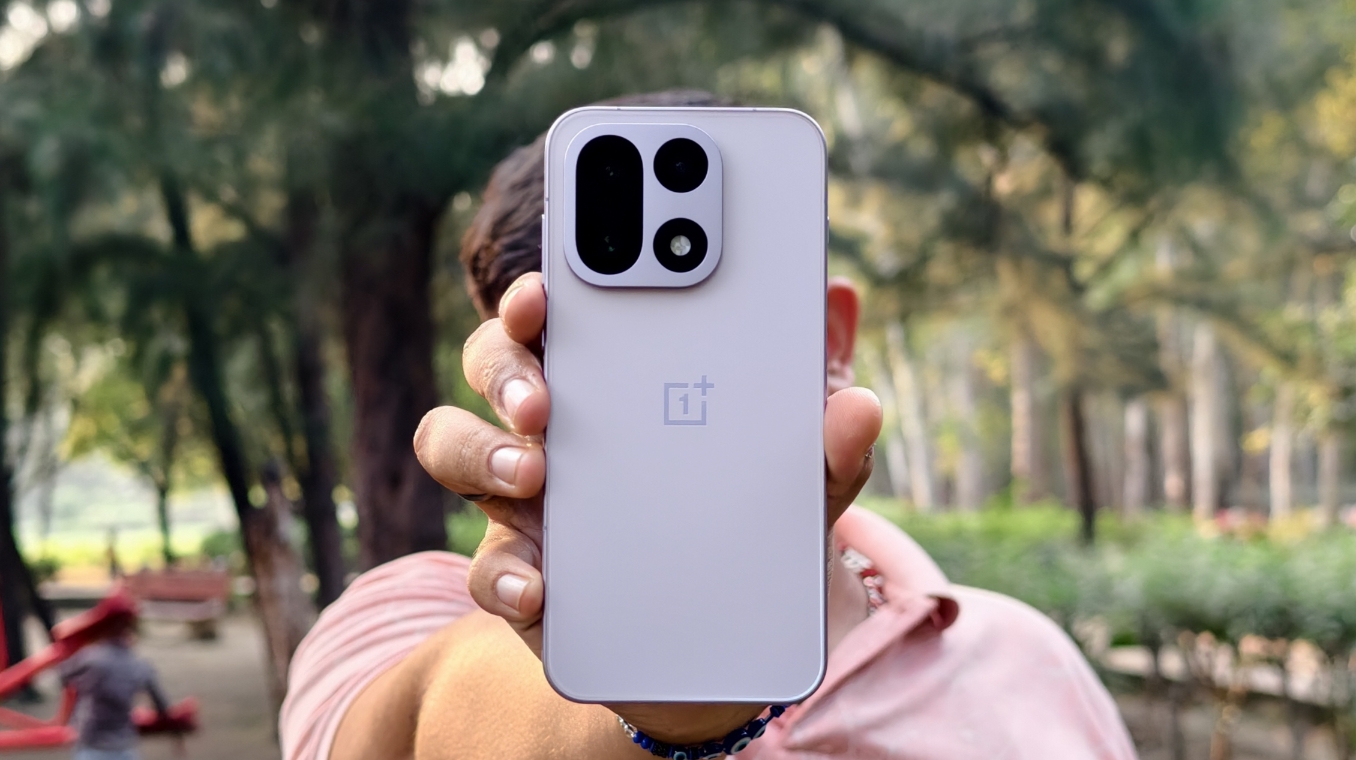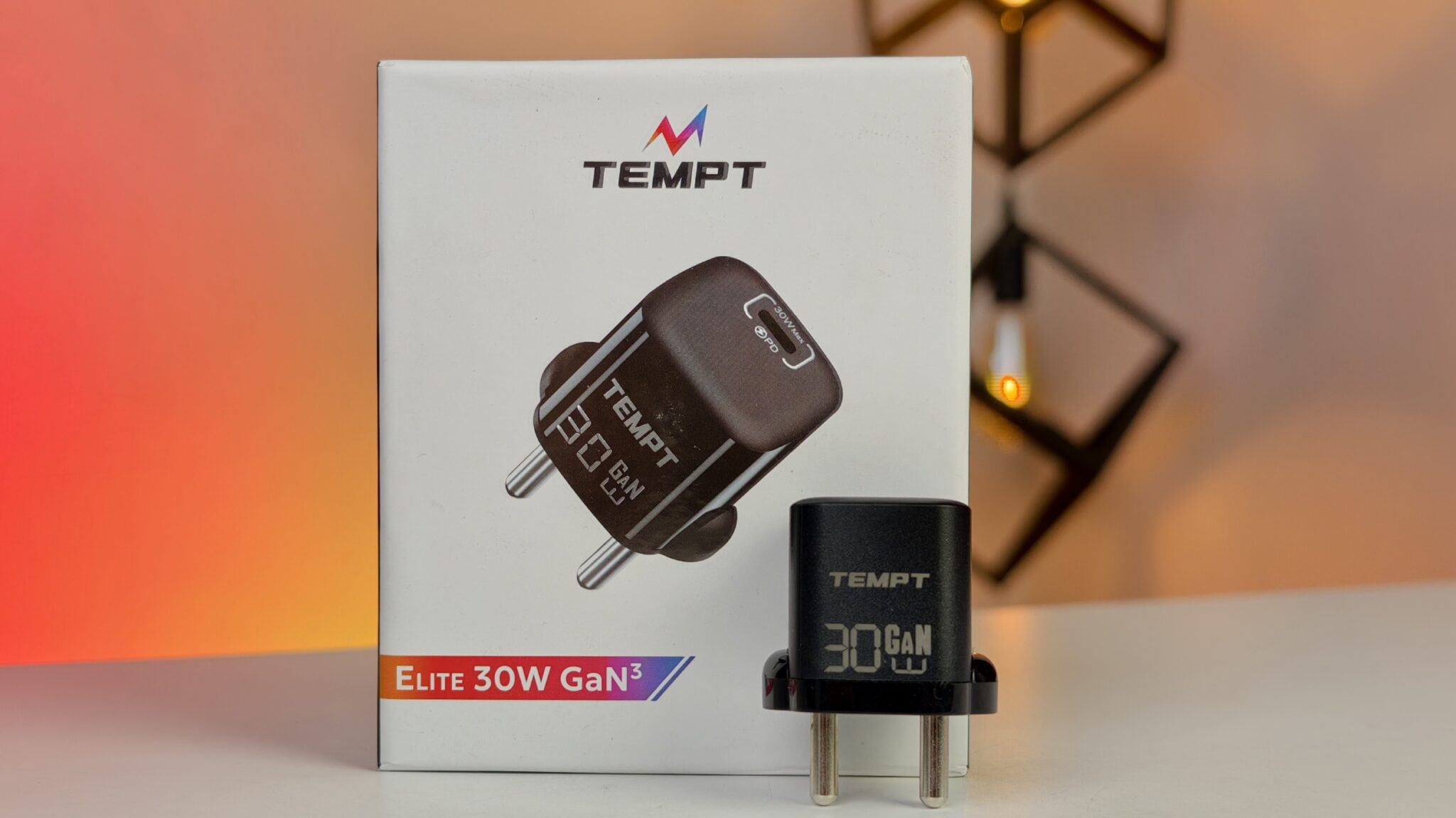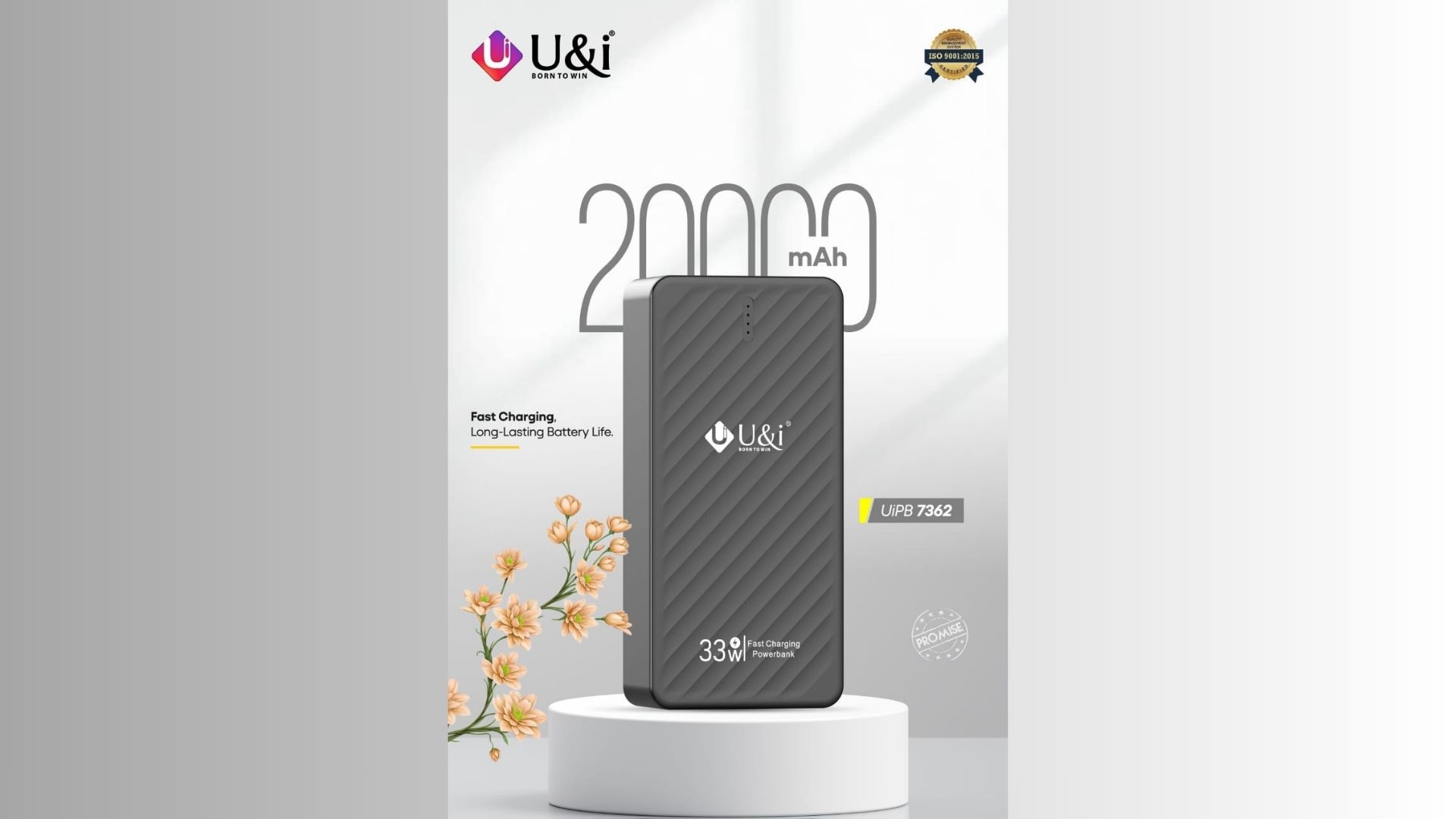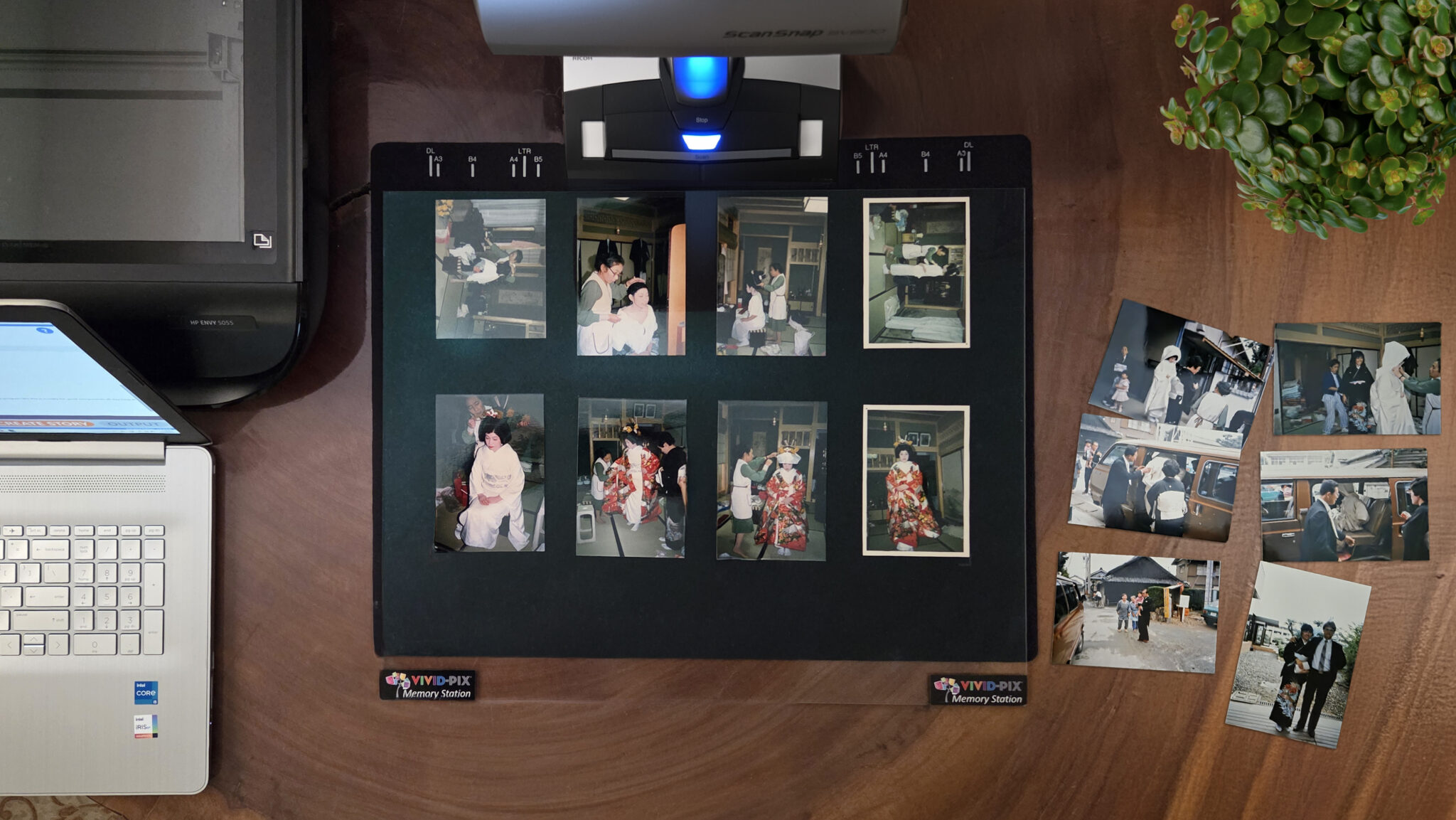WhatsApp has officially begun rolling out passkey support for all users on both iOS and Android. This update marks a quiet but important shift in how people log into their accounts. Instead of waiting for a 6-digit SMS verification code, users can now authenticate themselves using their phone’s built-in security – whether that’s a fingerprint, face scan, or device PIN.
It’s a move that makes sense, really. Meta, which owns WhatsApp, says this change should make the login process both more secure and a little more convenient. For most people, it means fewer interruptions, and for hackers, it means one less potential entry point.
Key Takeaways
- WhatsApp now supports passkeys for signing into your account.
- It replaces the need for a 6-digit SMS verification code.
- It uses your phone’s own security system – fingerprint, face scan, or PIN.
- Available for both Android and iOS users.
- It’s far more secure than SMS, helping protect against SIM-swap fraud.
So what exactly is a passkey? In simple terms, it’s a digital key stored securely on your device. When you log in or verify your account on a new phone, you’ll confirm your identity using your biometrics or PIN – no SMS messages required. It might sound small, but it’s a significant improvement in account security.
The older SMS-based system, while familiar, has long been considered vulnerable. SIM-swap fraud remains a growing issue, where attackers convince a mobile carrier to transfer a victim’s phone number to a new SIM card. Once they do, they can easily intercept those verification codes. With passkeys, that door is effectively closed.
Since your passkey is tied directly to your physical device and your biometrics, it’s useless to anyone else – even if they somehow gain control of your phone number. The underlying technology follows the FIDO Alliance standard, the same framework used by Google, Apple, and Microsoft. It’s quickly becoming the global benchmark for safer, passwordless authentication.
Still, it’s worth understanding what this new feature does not do. Passkeys are only for verifying your account; they don’t replace or affect WhatsApp’s End-to-End Encrypted Backups. Those backups are protected separately. To restore them, you still need the specific password or 64-digit encryption key you created when setting it up.
That distinction matters. End-to-end encrypted backups are designed so that only you can access their contents – not even WhatsApp or your cloud provider can read them. Your password or 64-digit key remains the only way to unlock that data. The passkey, meanwhile, is focused purely on securing your account access and phone number verification.
Enabling passkeys is relatively simple. First, make sure your WhatsApp app is updated to the latest version. On Android or iOS, open Settings, then tap Account. You should see an option for Passkeys. From there, just follow the prompts to set it up. The process uses your phone’s native password manager, like Google Password Manager or iCloud Keychain, to handle the setup securely.
The rollout is happening gradually across regions, so if you don’t see the option yet, don’t worry – it should appear soon.
Frequently Asked Questions (FAQs)
Q1. What is a passkey in WhatsApp?
A1.A passkey is a new, more secure way to log into your WhatsApp account. It relies on your device’s built-in security (like fingerprint, face scan, or PIN) instead of using a 6-digit SMS code.
Q2. Is a passkey safer than an SMS code?
A2. Yes. Passkeys are stored on your device, making them much harder to steal remotely. They also protect you from SIM-swapping attacks, where hackers hijack your phone number to receive your login codes.
Q3. Do I still need my password for my encrypted backup?
A3. Absolutely. The passkey only applies to account login. It doesn’t replace your password or 64-digit encryption key for restoring end-to-end encrypted chat backups. These two security features serve different purposes.
Q4. What happens if I lose my phone with the passkey?
A4. Your passkey is saved in your phone’s password manager – either Google Password Manager or iCloud Keychain. When you switch to a new phone, you can usually restore your passkeys from your cloud account and continue logging in normally.
Q5. How do I turn on passkeys in WhatsApp?
A5. Go to Settings > Account > Passkeys. If the feature is available for you, just follow the instructions to create one. Make sure your app is updated to the latest version.





